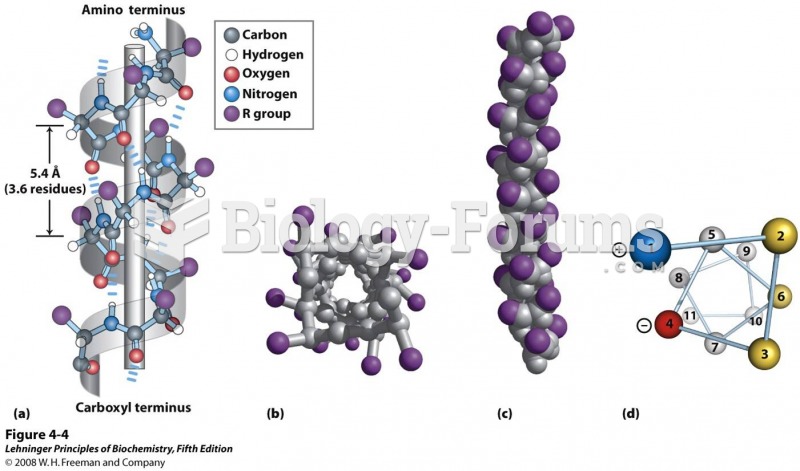Answer to Question 1
A full description of behavioral theory is found in Chapter 7 . Behavioral psychology is associated with B. F. Skinner, who developed the theory of operant conditioning. According to his theory, voluntary responses are strengthened or weakened by the consequences that follow them. Individuals learn to operate on their environment in order to obtain or avoid a particular consequence. Learning is seen as the result of environmental consequences and not of internal processes. Behaviorism is concerned only with observable phenomena, the behavior of the organism; any so-called cognitive processes are irrelevant to this theory. Learning cannot be assumed to have taken place without a change in behavior. The role of the learner is passive; learning is a consequence of responding to environmental stimuli and nothing more.
On the other hand, information-processing theory arose from the work of a number of cognitive psychologists, such as the multistore model of memory developed by Atkinson and Shiffrin in 1968 . Cognitive psychology is concerned with how the mind works and influences behavior. Thought processes are the unobservable phenomena that information-processing theory focuses on. According to this view, learning results from an interaction between an environmental stimulus and a learner. Therefore, this theory has an active learner orientation, where the learner interprets and manipulates environmental stimuli.
Answer to Question 2
Metacognition is knowledge about how we think. By discussing strategies during a classroom lesson or just before an exam, teachers can help students better understand and perfect their memory processes. Primary grade children do not systematically analyze learning tasks, formulate plans for learning, use appropriate techniques of enhancing memory and comprehension, or monitor their progress because they do not (some would say cannot) understand the benefits of doing these things. Older students seem to have grasped the importance of these skills. Insight into one's learning processes improves with age.







